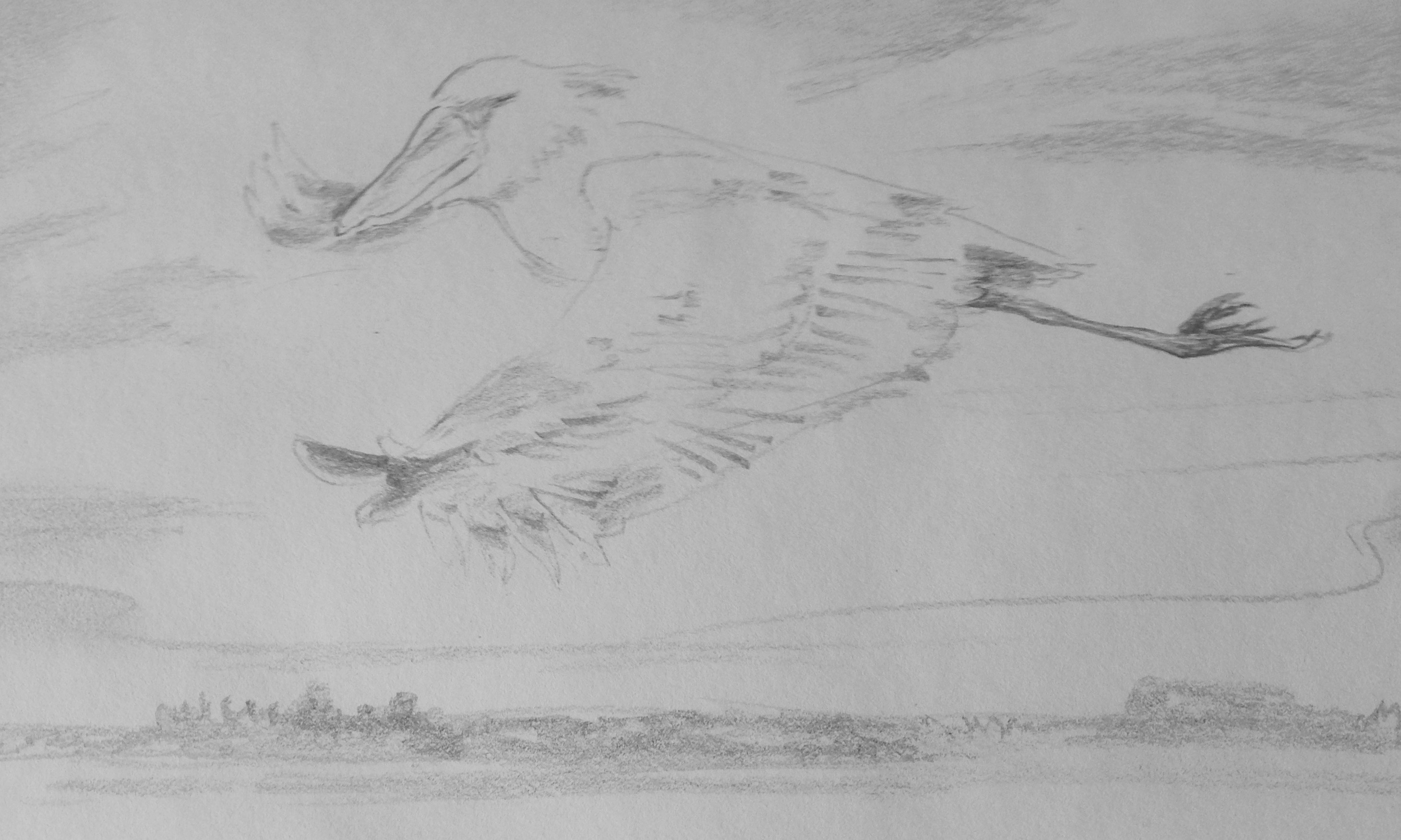For any serious student of history it must be pretty obvious that no single ‘hero’ as Thomas Carlyle would have us believe, is in control of march of events. In the very presence of reality going in favour for one principal player, there exists another one equally admissible, but shall only be set in motion when time is ripe. Deus ex machina is a plot device whereby a seemingly unsolvable problem in a story is suddenly and abruptly resolved by an unexpected and seemingly unlikely occurrence, typically so much as to seem contrived (wikipedia). Man is only a pawn to events and whoever is in control must be Janus-like knowing the past and future. One classic example is the French Revolution in which several factions each having its moment in point of time to create a new social order but events conspired to give them instead a Corsican upstart who crowned himself as Emperor Napoleon! Where the ancien regime and the king had run out of ideas the Emperor had ideas. Ideas are straws which make a conflagration nevertheless. He never saw the end coming neither did his nephew. When we see kings though removed with a bloody guillotine do come back, the past is our assurance that they shall never sit in control for long. They are too expensive and counterproductive. Similarly Caliphate second time would not work since events have moved farther and same momentum and circumstance that brought caliphate then shall never agree. We shall see lot of senseless bloodshed and misery, which as we see in nations that vaunt their democratic credentials are fooling themselves. Deus ex machina is in built in the unfolding of history. It follows the same logic and force of argument as a child who is doted upon by parents who cant get enough of its struggle to stand up on its feet for the first time. The point also marks the definite break from parental control. Inversion principle is inherent in human condition as telomeres in every cell. Death and life coexist in terms of biology.
What we need understand is the reality that a man who seizes power in another moment is clutching at straw instead. Reality of a President who wants to make a nation great has shown what his bone spur in the past meant. In any future conflict he would prove the achilles heel for the nation. Why ? A hero made up by hucksters shall be a zero when the band plays a different tune. Science shows what is really at the bottom, and one may call it Inversion principle.
Here below is a report published in LiveScience.com:
Can two versions of reality exist at the same time? Physicists say they can — at the quantum level, that is.
Researchers recently conducted experiments to answer a decades-old theoretical physics question about dueling realities. This tricky thought experiment proposed that two individuals observing the same photon could arrive at different conclusions about that photon’s state — and yet both of their observations would be correct.
For the first time, scientists have replicated conditions described in the thought experiment. Their results, published Feb. 13 in a science journal confirmed that even when observers described different states in the same photon, the two conflicting realities could both be true.
“You can verify both of them,” study co-author Martin Ringbauer, a postdoctoral researcher with the Department of Experimental Physics at the University of Innsbrück in Austria, told Live Science.
Wigner’s friend
This perplexing idea was the brainchild of Eugene Wigner, winner of the Nobel Prize for Physics in 1963. In 1961, Wigner had introduced a thought experiment that became known as “Wigner’s friend.” It begins with a photon — a particle of light. When an observer in an isolated laboratory measures the photon, they find that the particle’s polarization — the axis on which it spins — is either vertical or horizontal.
However, before the photon is measured, the photon displays both polarizations at once, as dictated by the laws of quantum mechanics; it exists in a “superposition” of two possible states.
Once the person in the lab measures the photon, the particle assumes a fixed polarization. But for someone outside that closed laboratory who doesn’t know the result of the measurements, the unmeasured photon is still in a state of superposition.
That outsider’s observation — their reality — therefore diverges from the reality of the person in the lab who measured the photon. Yet, neither of those conflicting observations according to quantum mechanics, is thought to be wrong
For decades, Wigner’s mind-bending proposal was just an interesting thought experiment. But in recent years, Scientists put Wigner’s proposal to the test.
“Theoretical advances were needed to formulate the problem in a way that is testable. Then, the experimental side needed developments on the control of quantum systems to implement something like that,” Ringbauer explained.
Ringbauer and his colleagues tested Wigner’s original idea with an even more rigorous experiment, which doubled the scenario. They designated two “laboratories” where the experiments would take place and introduced two pairs of entangled photons, meaning that their fates were linked, so that knowing the state of one automatically tells you the state of the other.
Benny







